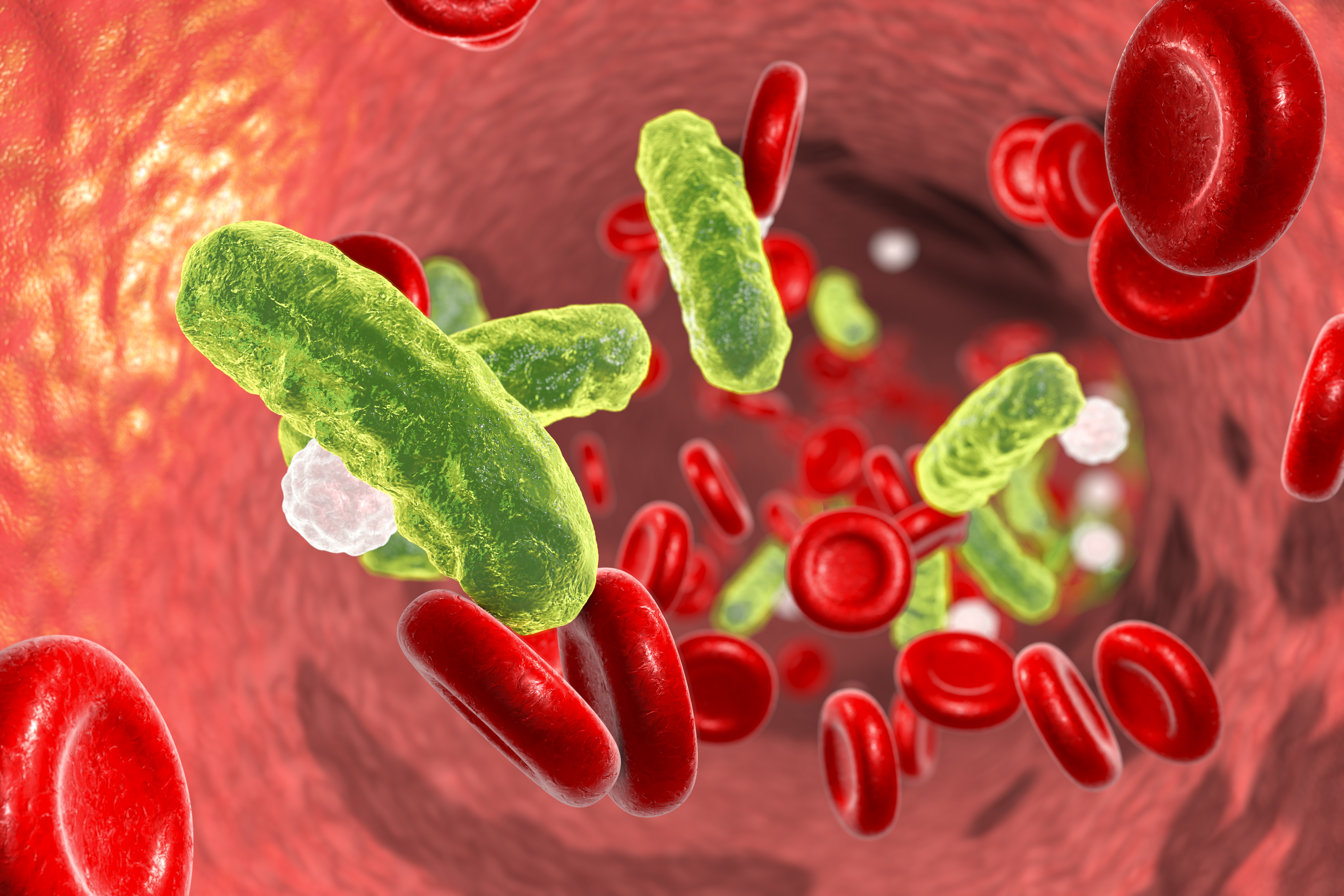There are no products in your cart
Categories
TOP
TOP
- 1. COVID -19 SEJOY rapid antigen test for nasal passages
- 2. Rapid test for COVID-19 antigens
- 3. AteroLip complex N90. Better price!
- 4. 3 PCS of AteroLip complex N90 better price!
- 5. BASICA SPORT, 660 g
- 6. 4 PCS of AteroLip complex N90 better price!
- 7. A+E vitamins Nourishing Ointment 60g BIG PACK
- 8. Sale! 3 PCS of FORCAPIL, effective nutritional supplement for ...
- 9. Orthomol Immun (30 daily doses)
- 10. Orthomol Arthro plus (30 daily doses)
Now Online
Now Online
We have 310 guests online
Health
Sepsis: a complex medical challenge. Why?

Sepsis is a serious and potentially fatal reaction of the body to an infection. It is a systemic inflammatory syndrome that occurs in response to an infection, usually caused by bacteria, but can also be caused by viruses, fungi or parasites. Sepsis causes a variety of pathological changes, including blood clotting and inflammation, which can lead to tissue damage, organ dysfunction and, in the most advanced cases, death.
What are the symptoms that indicate you have thrush? How to recognize it and what to do

Thrush is a fungal infection caused by fungi of the genus Candida. Although this infection, known as vaginal candidiasis or simply thrush, is more common in women, it can also affect men. In women, symptoms of vaginal thrush may include itching, burning and pain in the genital area, a white, curd-like discharge, painful urination or intercourse, as well as redness and swelling. On the other hand, the symptoms of thrush in men can be similar to those in women: itching, burning and redness, a white, curd-like discharge after phimosis, and sometimes painful urination or ejaculation.
What is bipolar disorder? Everything you need to know

Bipolar disorder, also known as manic-depressive illness, is a mental health disorder in which a person experiences extreme and cyclical mood swings. These changes can include the highest highs (manic phases), during which the person feels extremely energetic, optimistic and active, and the deepest lows (depressive phases), when the person experiences sadness, feelings of hopelessness, or even suicidal thoughts.
Lyme disease: understanding, diagnosis and treatment

Lyme disease, also known as Lyme borreliosis, is an infectious disease caused by the bacterium borrelia burgdorferi. This disease is transmitted to humans through the bites of ticks that are infected with this bacteria. Lyme disease can cause serious consequences if not treated in time.
Lupus is a multifaceted autoimmune challenge

Lupus, also known as systemic lupus erythematosus (SLE), is a chronic autoimmune disease in which the body's immune system mistakenly attacks its own cells and tissues, causing inflammation and damage. Lupus is a multiorgan disease, meaning it can affect any organ or tissue, including the skin, joints, kidneys, heart, lungs, brain, and blood cells.
More Articles...
Page 18 of 44






